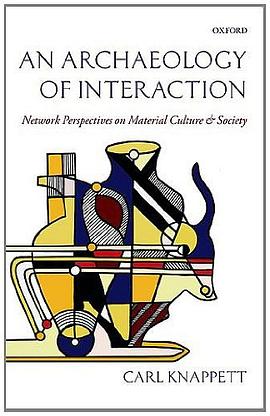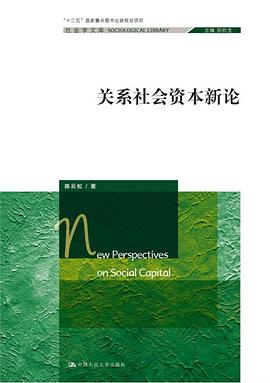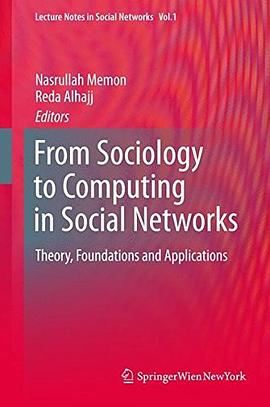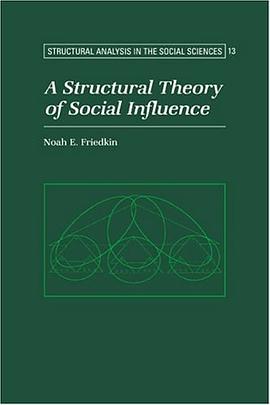

具体描述
Think of a souvenir from a foreign trip, or an heirloom passed down the generations - distinctive individual artefacts allow us to think and act beyond the proximate, across both space and time. While this makes anecdotal sense, what does scholarship have to say about the role of artefacts in human thought? Surprisingly, material culture research tends also to focus on individual artefacts. But objects rarely stand independently from one another they are interconnected in complex constellations. This innovative volume asserts that it is such 'networks of objects' that instill objects with their power, enabling them to evoke distant times and places for both individuals and communities. Using archaeological case studies from the Bronze Age of Greece throughout, Knappett develops a long-term, archaeological angle on the development of object networks in human societies. He explores the benefits such networks create for human interaction across scales, and the challenges faced by ancient societies in balancing these benefits against their costs. In objectifying and controlling artefacts in networks, human communities can lose track of the recalcitrant pull that artefacts exercise. Materials do not always do as they are asked. We never fully understand all their aspects. This we grasp in our everyday, unconscious working in the phenomenal world, but overlook in our network thinking. And this failure to attend to things and give them their due can lead to societal 'disorientation'.
作者简介
目录信息
读后感
评分
评分
评分
评分
用户评价
相关图书
本站所有内容均为互联网搜索引擎提供的公开搜索信息,本站不存储任何数据与内容,任何内容与数据均与本站无关,如有需要请联系相关搜索引擎包括但不限于百度,google,bing,sogou 等
© 2025 book.wenda123.org All Rights Reserved. 图书目录大全 版权所有




















